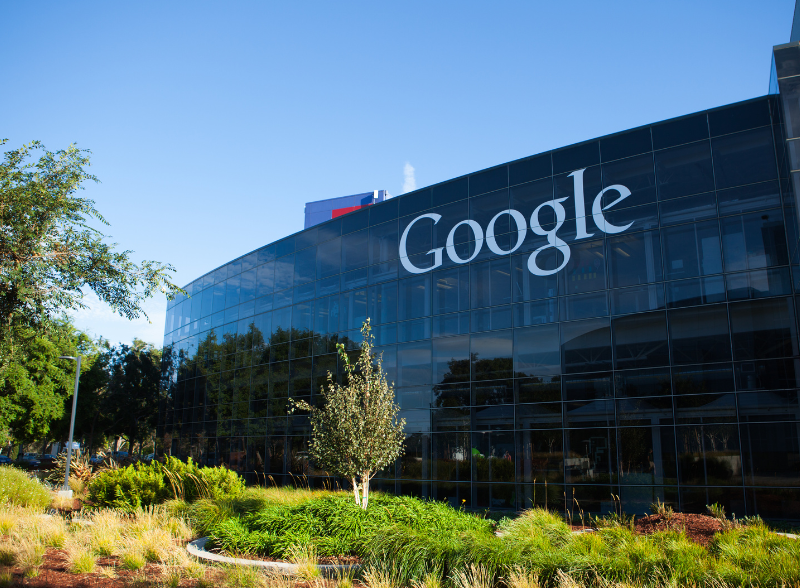Google Unveils A.I. Chatbot, Signaling a New Era for Search.

In a bold move set to redefine how we interact with information online, Google has officially unveiled its latest A.I. chatbot—an innovation that may forever change the landscape of search engines.
At the company’s annual I/O developer conference, Google introduced its new conversational A.I. tool integrated into its search platform. The chatbot, powered by advanced large language models (LLMs), is designed not just to find information, but to understand it and present it in a human-like, dialogue-based format. This shift represents more than a technical update—it’s the dawn of a new era in how we access knowledge on the web.
A Shift from Keywords to Conversations
Traditionally, search engines have relied on keyword matching to retrieve results. While effective, this method often requires users to refine queries multiple times to find the exact answer they need. Google’s A.I. chatbot changes this dynamic by enabling users to ask complex or open-ended questions in natural language—and get direct, context-rich answers in return.
For instance, instead of typing "best budget smartphones 2025 comparison," a user might ask, “What are the best budget smartphones available this year with strong battery life and good cameras?” The chatbot responds with a concise, well-rounded summary, citing multiple sources and offering links for deeper exploration.
Behind the Scenes: The Tech That Powers It

Google’s chatbot is built on Gemini, its next-generation large language model designed to compete with the likes of OpenAI’s ChatGPT and Anthropic’s Claude. The model is trained on vast amounts of data from the internet, allowing it to generate accurate, nuanced responses across a broad range of topics. It also integrates with Google’s Knowledge Graph and other proprietary tools to provide up-to-date, factual information.
One key innovation is the chatbot’s ability to cite sources, improving transparency and encouraging user trust—two areas where A.I. tools have faced criticism in the past.
Implications for the Future of Search
The integration of conversational A.I. into Google Search could have wide-ranging effects:
-
- SEO Evolution:
Websites may need to adapt their content strategies to suit A.I.-driven responses rather than just keyword-based rankings. -
- Education and Productivity:
Users can receive instant explanations, summaries, and recommendations, making research and learning faster and more accessible. -
- Competition in the Market:
Other tech giants like Microsoft (with Bing and ChatGPT) and startups like Perplexity are also racing to redefine search, intensifying the competition.
Challenges Ahead
Despite the excitement, Google acknowledges that A.I.-powered search is not without risks. Concerns around misinformation, bias, and hallucinated answers still remain. The company is actively working on mechanisms for fact-checking and user feedback to improve the system’s reliability over time.
Google’s unveiling of its A.I. chatbot marks a major milestone in the evolution of internet search. As the line between human and machine communication continues to blur, the way we seek and discover information is being fundamentally transformed. This is not just an upgrade—it’s a paradigm shift. And the future of search has never looked more intelligent.




